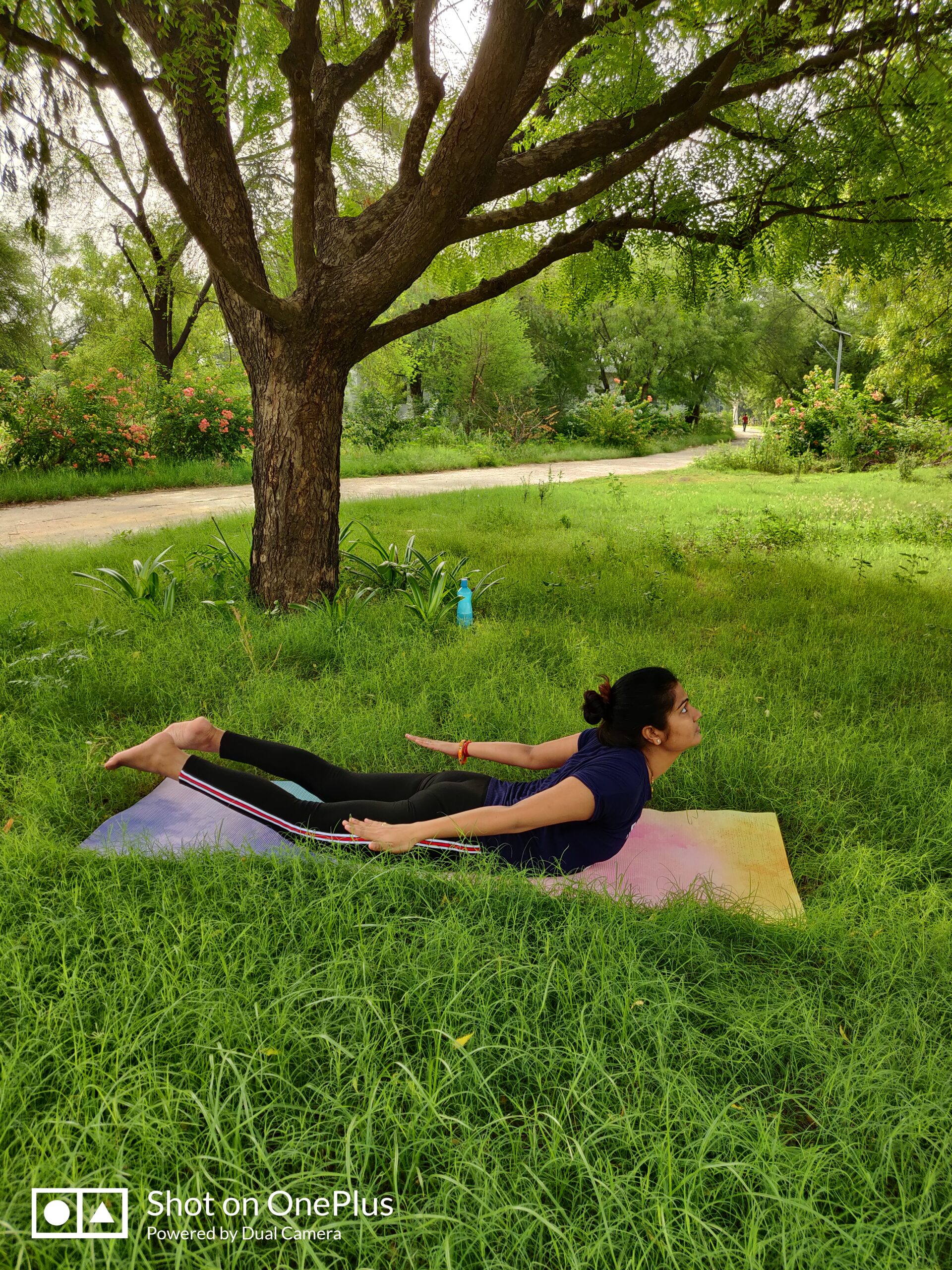Introduction
Oil pulling and its benefits in a world where modern medicine and health trends are constantly evolving, there is a resurgence of interest in ancient wellness practices. One such practice is “oil pulling,” which has gained popularity for its potential health benefits. Oil pulling is an age-old technique that involves swishing oil in your mouth for a set period. In this comprehensive article, we will explore the origins, methods, benefits, and scientific research surrounding oil pulling.

What is Oil Pulling?
Oil pulling, also known as “kavala” or “gundusha,” is an ancient Ayurvedic practice that involves swishing a natural oil in your mouth for around 15-20 minutes. This process is typically performed on an empty stomach, often in the morning, and it’s believed to help detoxify the body and promote oral and overall health.

The Origins of Oil Pulling
Oil pulling has its roots in Ayurveda, the traditional system of medicine that originated in India over 3,000 years ago. Ayurveda emphasizes the interconnectedness of mind, body, and spirit and places a significant focus on natural remedies and preventative healthcare.
The practice of oil pulling was first mentioned in ancient Ayurvedic texts, where it was recommended as a method to promote oral hygiene, prevent dental issues, and improve overall wellness. Over the centuries, this practice has been handed down through generations, and its popularity has transcended cultural boundaries.
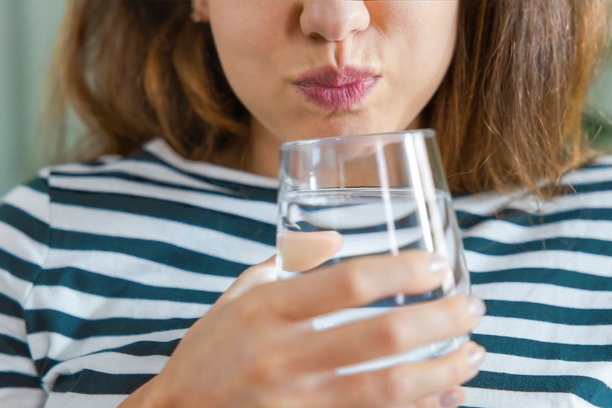
How Does Oil Pulling Work?
The process of oil pulling is relatively simple:
- Choose a natural oil, such as coconut oil, sesame oil, or sunflower oil.
- Take one to two tablespoons of the chosen oil and put it in your mouth.
- Swish the oil around your mouth and through your teeth for about 15-20 minutes. Be sure not to swallow the oil.
- Spit the oil out into a trash can (avoid spitting it in the sink, as it can clog pipes).
- Rinse your mouth thoroughly with warm water.
- Brush your teeth as usual.
The oil acts as a solvent, pulling toxins, bacteria, and impurities from your mouth and, according to Ayurvedic principles, also helps to balance the body’s doshas, or energies.

Choosing the Right Oil
Selecting the right type of oil is crucial for successful oil pulling. Traditionally, sesame oil has been a popular choice in Ayurvedic practice due to its medicinal properties. However, you can use other oils such as:
- Coconut oil: Known for its antibacterial and anti-inflammatory properties.
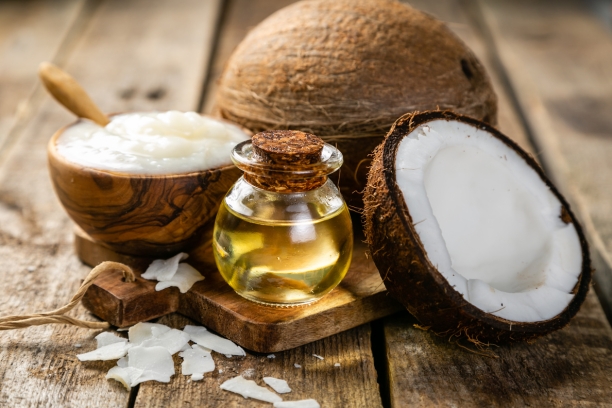
- Sunflower oil: Mild in taste and a good option for those who find the taste of sesame or coconut oil unpleasant.
- Olive oil: Contains antioxidants and is known for its heart-healthy properties.
Each type of oil may offer slightly different benefits, but the basic principle of oil pulling remains the same.
Step-by-Step Guide to Oil Pulling
Here’s a step-by-step guide on how to perform oil pulling:
- Choose the Oil: Select your preferred oil, ideally organic and unrefined.
- Start Small: Begin with one teaspoon to get used to the texture and taste.
- Perform on an Empty Stomach: Oil pulling is most effective when done in the morning before eating or drinking anything.
- Swish Gently: Take the oil in your mouth and swish it around gently, ensuring it reaches all parts of your mouth.
- Do Not Swallow: Avoid swallowing the oil, as it may contain toxins and bacteria from your mouth.
- Set a Timer: Swish the oil for 15-20 minutes. It may be helpful to set a timer or do it during your morning routine.
- Spit it Out: After 15-20 minutes, spit the oil into a trash can, not the sink, to prevent clogging.
- Rinse and Brush: Rinse your mouth with warm water and follow with your regular toothbrushing routine.

Oil Pulling Benefits
Oil pulling is believed to offer a wide range of health benefits. While many of these benefits are anecdotal and more research is needed, some people have reported positive results. Let’s explore these potential benefits in more detail:
a. Oral Health
One of the most well-documented benefits of oil pulling is its positive impact on oral health. It’s thought to:
- Reduce Plaque: Oil pulling can help reduce plaque buildup on teeth and gums.
- Prevent Cavities: The antibacterial properties of certain oils may help prevent cavities.
- Whiten Teeth: Some individuals claim that oil pulling can lead to whiter teeth.
- Fresher Breath: Oil pulling may help eliminate bad breath by reducing the bacteria responsible for halitosis.
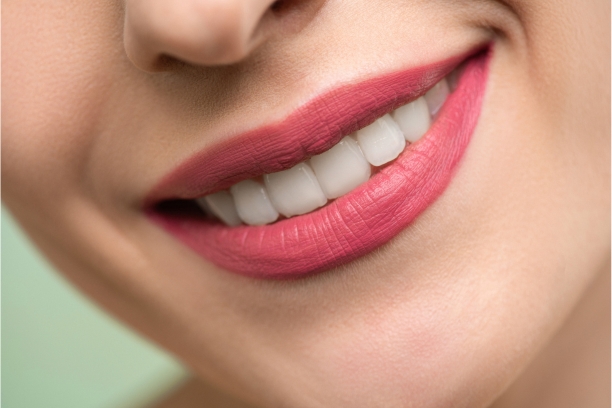
Oil pulling is often regarded as a detoxifying practice. The process is believed to pull toxins from the body through the oral mucosa. While more research is needed to substantiate these claims, proponents of oil pulling argue that it helps purify the body and support overall health.

c. Skin Health
There is anecdotal evidence suggesting that oil pulling can improve skin health. Some individuals claim that it can help clear acne and promote a healthy complexion. This effect may be related to the overall detoxifying properties of the practice.
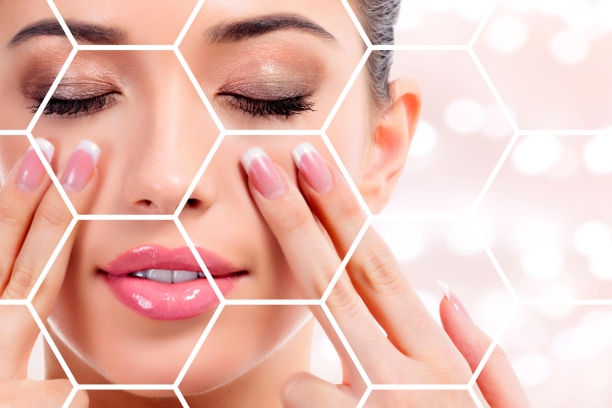
d. Potential Benefits for Migraines
Though not widely studied, some people have reported a reduction in the frequency and severity of migraines after regularly practicing oil pulling. The exact mechanisms behind this potential benefit are not well understood.

e. Aids in Weight Management
There is some speculation that oil pulling may aid in weight management by reducing cravings for unhealthy foods. It’s thought that by detoxifying the body and promoting better oral health, individuals may be less inclined to consume excessive sugar and processed foods.

f. Boosts Immunity
A cleaner mouth may contribute to better overall health. Oil pulling is believed to boost the immune system by reducing the bacterial load in the oral cavity, thereby reducing the risk of infections.

g. Promotes Overall Wellness
Many oil pullers claim to experience an overall sense of wellness, including increased energy levels and improved focus. These effects may be attributed to the combination of improved oral health and potential detoxification.
Oil Pulling and Scientific Research
While oil pulling has a long history and numerous anecdotal claims of benefits, there is a limited amount of scientific research on the topic. Most studies are small, and more robust research is needed to confirm the reported benefits.
One study published in the Journal of Clinical and Diagnostic Research in 2014 found that oil pulling with sesame oil significantly reduced plaque and gingival (gum) scores in comparison to a control group. Another study in the same year, published in the Journal of the Indian Society of Pedodontics and Preventive Dentistry, reported similar findings with sesame oil.
However, these studies are small and focused primarily on oral health benefits. More research is required to validate other purported advantages, such as detoxification, skin health, and weight management.

Potential Side Effects and Precautions
While oil pulling is generally considered safe, there are some potential side effects and precautions to be aware of:
- Gag Reflex: Some individuals may find it challenging to swish oil in their mouths for an extended period due to a gag reflex.
- Discomfort: Swishing oil for 15-20 minutes can be uncomfortable, especially for beginners.
- Allergic Reactions: If you have allergies to certain oils, be cautious and choose an oil that suits your needs.
- Digestive Issues: Swallowing oil accidentally can lead to digestive discomfort. If this happens, seek medical attention.
- Loose Bowels: Some people report experiencing loose bowels as a result of oil pulling, possibly due to the detoxifying effect on the body.
If you have concerns or pre-existing health conditions, it’s advisable to consult with a healthcare professional before starting oil pulling.
Read More: The Role of Naturopathy in Preventive Healthcare




